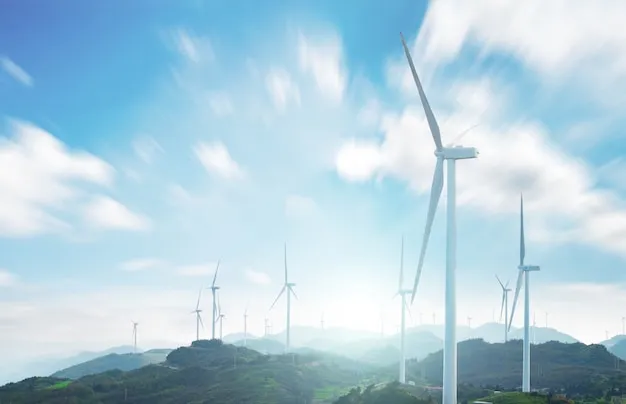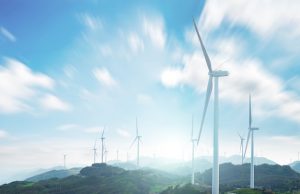+90 224 504 28 12 (TR)
Üçevler Mahallesi İzmir Yolu Cadde No:241/C Blok Westpoint D:32 Nilüfer, Bursa, 16120


People have used biomass energy – energy from living things – since the earliest “cave men” first made wood fires for cooking or heating. Biomass is plant-based material used as fuel to produce heat or electricity. Examples are wood and wood residues, energy crops, agricultural residues, and waste from industry, farms and households. Since biomass can be used as a fuel directly, some people use the words biomass and biofuel interchangeably.Today, biomass has large variety of use and can be defined in many ways, which is especially important in times of energy crisis that marks up the years 2021-2022.
The conversion to biomass energy has played a key role in reducing our dependence on fossil fuels. But is this renewable energy source really as green as we first thought is one question to be answered and even if old trees are continuing to draw down CO2, what happens when a tree dies? Current carbon accounting assumes that all the carbon from dead wood is released back into the atmosphere again. We should find the balancing arguments that are pro and con when it comes to these new policies and practices that follow the green agenda in Europe. However, currently around half the EU’s renewable energy is based on biomass – a figure that is likely to rise. “The benefit of biomass is that it can be implemented rapidly and uses the current energy infrastructure,” says Niclas Scott Bentsen, an expert on energy systems based at the University of Copenhagen in Denmark.
Now biomass as such is one part of the the whole transformation that the EU is making in the field of energy. REPowerEU programme strives towards affordable, secure and sustainable energy for Europe. The new geopolitical and energy market realities require us to drastically accelerate our clean energy transition and increase Europe's energy independence from unreliable suppliers and volatile fossil fuels.
The REPowerEU plan sets out a series of measures to rapidly reduce dependence on Russian fossil fuels and fast forward the green transition, while increasing the resilience of the EU-wide energy system. It is based on: diversifying, saving, accelerating clean energy.
Ending the EU’s reliance on Russian fossil fuels will require a massive scale-up of renewables as well as faster electrification and replacement of fossil-based heat and fuel in industry, buildings and the transport sector. The clean energy transition will help lower energy prices over time and reduce import dependency.
Renewables are the cheapest and cleanest energy available, and can be generated domestically, reducing our need for energy imports. The Commission is proposing to increase the EU’s 2030 target for renewables from the current 40% to 45%. The REPowerEU Plan would bring the total renewable energy generation capacities to 1,236 GW by 2030, in comparison to the 1,067 GW by 2030, envisaged under Fit for 55 for 2030.
We have been tackling the topic of clean and biomass energy as part of the sessions during transnational project meetings of the DESUWOW project, with which we made the topic more familiar to local citizens, experts, and businesses with whom we exchanged ideas and prospects. We will continue promoting European path toward energy transformation and root for clear understanding on behalf of participants of our project.